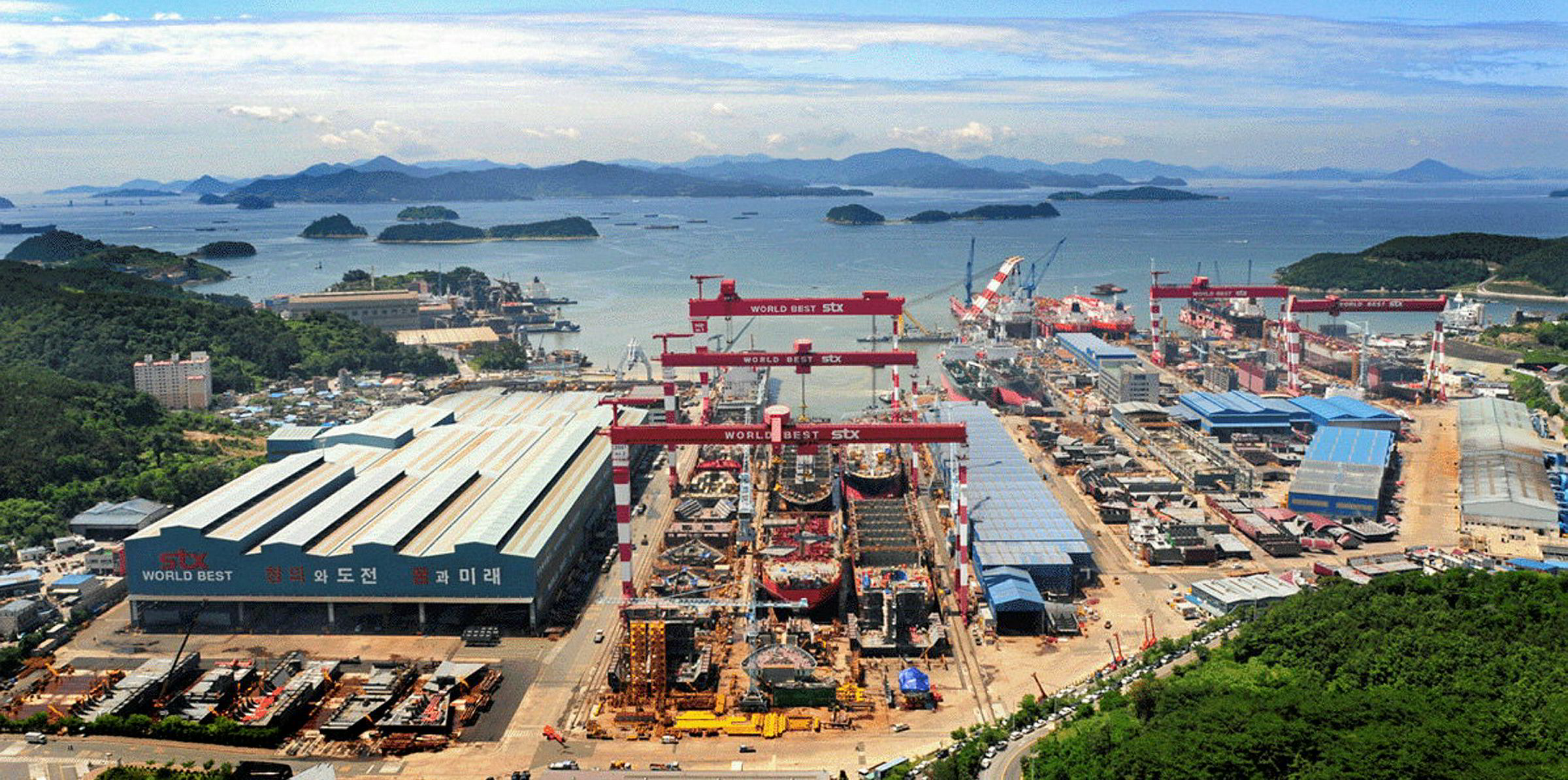Croatia's Tankerska Next Generation (TNG) is speeding up its dry-docking programme while tanker markets remain weak.
The Zagreb-listed owner of six MR product carriers said it was now enduring "uncertain global economic circumstances and a significantly poor spot market".
As a result, the company added that it is focusing "more intensively on the prospects of carrying out mandatory five-year repairs in the third quarter of this year".
TNG had previously committed to four dry-dockings up to the end of 2020.
Now work on three of its six tankers will be completed before the end of September.
"Despite the circumstances, the expected off-hire time due to periodical maintenance on our vessels remains about 30 days," TNG said. The company believes there will be no unforeseen delays.
Best ever result
Chief executive John Karavanic said the first six months were the company's best in terms of profit.
He called this a "jubilant outcome" that was down to well-timed time charter executions, a sharp decline in oil prices and a crude oil contango which led to a storage rush for both crude and product tankers.
TNG said the spot market recovery had been "incredibly strong" in the period.
Net profit in the second quarter rose from $0.6m to $2.1m, with revenue growing from $9.5m to $9.7m.
This saw it log earnings of $4.5m in the first six months.
TNG was able to secure 1,116 days on term charters, out of a total of 2,196 days, in the quarter.
Counterparties were Clearlake Shipping, Trafigura, Mjolner Shipping, Koch Industries and ExxonMobil.
Karavanic added: "The lack of tanker ordering should offer some support from 2021-22 as fleet growth slows, with new regulatory targets to cut carbon emissions partly responsible — as owners are uncertain what vessel designs to choose to meet these targets."
TNG has not recorded a case of Covid-19 on board its vessels so far.
The company said: "Uncertainty remains an overriding theme in the current maritime transport environment, which primarily refers to the volatility [in] freight rates, the gradual decline in demand for vessel's storage space, but overall with emphasis on the challenges shipping companies face with reference to difficult conditions for securing seafarers' repatriation and protecting their well-being."






